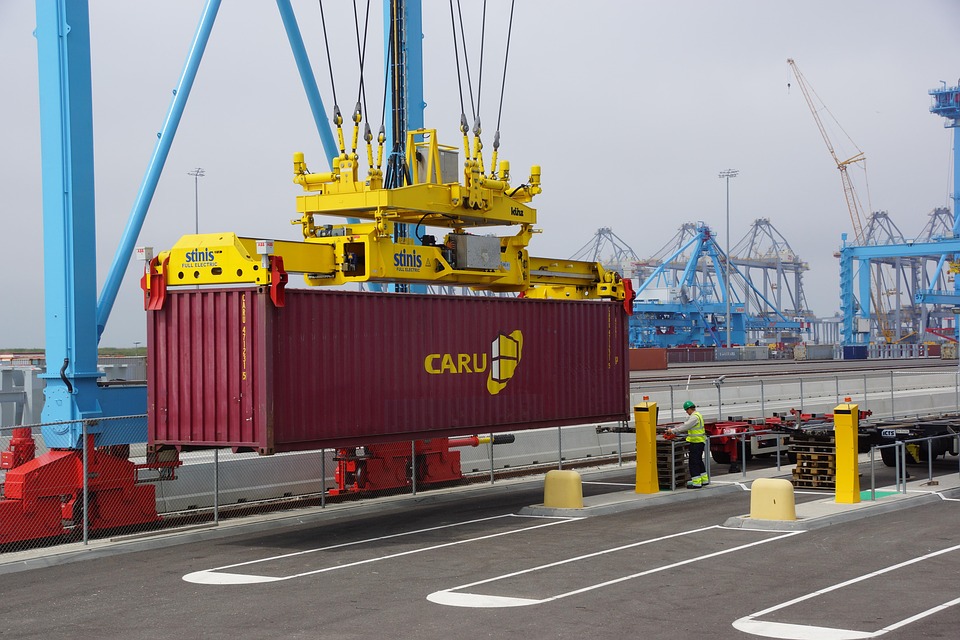Essential Skills and Responsibilities of a Logistics Manager: A Shortage Occupation with Promising Career Prospects
In the ever-evolving realm of global trade, logistics management stands as a linchpin connecting various facets of supply chains. Logistics managers wield considerable influence over the efficiency of operations, making their roles indispensable. However, despite the crucial nature of this profession, there exists a notable shortage of qualified individuals in the field. This gap presents not only a challenge but also an array of promising career prospects for those keen to embark on this rewarding journey.
1. Core Responsibilities
Navigating the intricacies of logistics involves a myriad of responsibilities that extend far beyond mere transportation. A logistics manager is tasked with:
-
Planning and Coordination: Crafting meticulous plans that ensure the smooth flow of goods from suppliers to consumers is paramount. This involves collaboration across multiple departments, including procurement, sales, and customer service.
-
Inventory Management: Striking a balance between supply and demand is an art. Effective inventory management ensures that stock levels are optimised, reducing costs while meeting customer expectations.
-
Supplier Relationship Management: Building robust relationships with suppliers is critical. A logistics manager must negotiate contracts, assess supplier performance, and cultivate partnerships that foster reliability and efficiency.
-
Compliance and Risk Management: Navigating the regulatory landscape is essential. Logistics managers must ensure compliance with international trade laws, environmental regulations, and safety standards to mitigate risks associated with global logistics.
2. Essential Skills
To thrive in this demanding profession, a logistics manager must cultivate a diverse skill set:
-
Analytical Thinking: The ability to analyse data and derive actionable insights is crucial. According to a report by the Chartered Institute of Logistics and Transport, data-driven decision-making significantly enhances operational efficiency.
-
Communication: Clear and effective communication is vital for coordinating with various stakeholders. Whether liaising with suppliers, negotiating with clients, or managing internal teams, the ability to convey information succinctly is a skill that cannot be underestimated.
-
Problem-Solving: The unpredictable nature of logistics often presents challenges that require immediate and effective solutions. A successful logistics manager must be adept at thinking on their feet and devising strategies to overcome obstacles.
-
Technological Proficiency: With the advent of automation and digital tools, familiarity with logistics software and data management systems has become increasingly important. Embracing technology not only streamlines processes but also enhances overall productivity.
3. The Promising Future
Given the current shortage of skilled logistics professionals, the future looks bright for those entering this field. According to the UK Government’s Labour Market Overview, the logistics sector is projected to grow significantly, driven by the rise of e-commerce and global trade. This growth translates into a plethora of opportunities, from entry-level positions to managerial roles.
Moreover, the emphasis on sustainable practices and green logistics is reshaping the industry landscape. As businesses strive to reduce their carbon footprints, logistics managers will play a pivotal role in developing eco-friendly supply chain solutions. This evolving focus not only enhances job security but also aligns with the values of a modern workforce that prioritises sustainability.
Navigating Your Path Forward
In a world where logistics is increasingly becoming the backbone of commerce, now is the opportune time to consider a career in this field. The skills required are not only in high demand but also offer the potential for personal and professional growth. As you contemplate your future, remember that platforms like Visajob.co.uk are here to support you in securing a role in the UK, especially in occupations that require sponsorship. With the right guidance and determination, a fulfilling career in logistics awaits.




